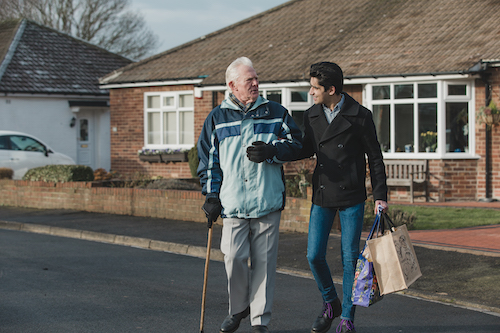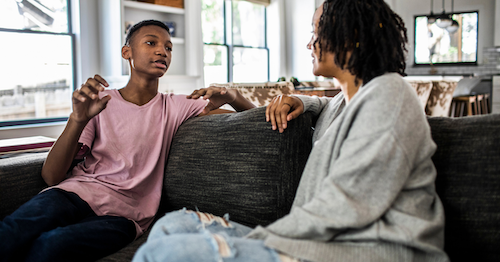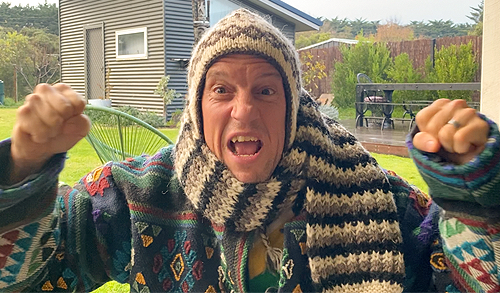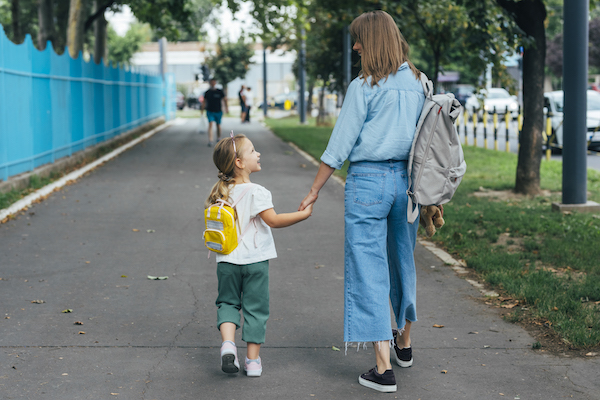When you sit down and ask yourself ‘am I making an effort to be kind?’, or, ‘am I taking time to show empathy?’, chances are the answer might be no. Just so we’re clear, if the answer is no, it doesn’t mean we’re bad people! There are so, so, SO many things and distractions filling our day-to-day lives, and it’s incredibly easy to be pulled away from what we’re doing and who we’re with, both physically and mentally.
We know if we want to be truly kind and empathetic, and being kind and empathetic is huge if we want to have positive relationships and improve our overall wellbeing, it’s important to make time to connect with people and show a genuine interest in their lives. This will come easier to us if we practise being present when we’re with others, actively listen during conversations, and minimise those distractions which try and take our attention away (we’re looking at you, phones). While it’s not easy, the benefits of doing this are massive – for us and for the people we’re connecting with!
The science behind empathy:
Empathy is the ability to understand and share the feelings of others, and is strongly linked to kindness. When you do something kind for someone, you make them feel great and you also feel amazing as a result of your body releasing oxytocin. Now, if you’re wondering what oxytocin is, it’s a hormone which boosts your energy levels and self esteem. When we produce more oxytocin, it can help reduce stress, increase positive emotions and improve overall life satisfaction. And by the way, this is all on top of those stronger, more compassionate relationships that come from those empathetic conversations. How great is that?!
If you’re searching for inspiration, here are some ideas on ways you can practise empathy in your daily life:
- Actively listen. One of the most important ways to practise empathy is by actively listening to others. This means giving them your full attention, asking clarifying questions, and truly trying to understand their perspective.
- Put yourself in someone else’s shoes. Try to imagine what it would be like to be in the other person’s situation. This can help you to understand their feelings and respond in a more compassionate way.
- Show understanding and validation. Let the person know that you understand and validate their feelings. This can help them to feel heard and supported.
- Do it in your everyday interactions. Empathy is not just for big or serious situations, you can practise it everyday and with literally anyone. Being kind towards a cashier, a friend or a family member can make a difference and improve your wellbeing.
- Be a role model. This stuff rubs off, and in the best possible way. Lead by example, show empathy towards others and encourage others to do the same.
Sources:
- Dr Waguih William IsHak, Psychiatrist, Cidars-Sinai
- Marylin Price- Mitchell Ph.D, ‘Acts of Kindness: Key to Happiness for Children & Teens’, Psychology Today, 2 January, 2013





